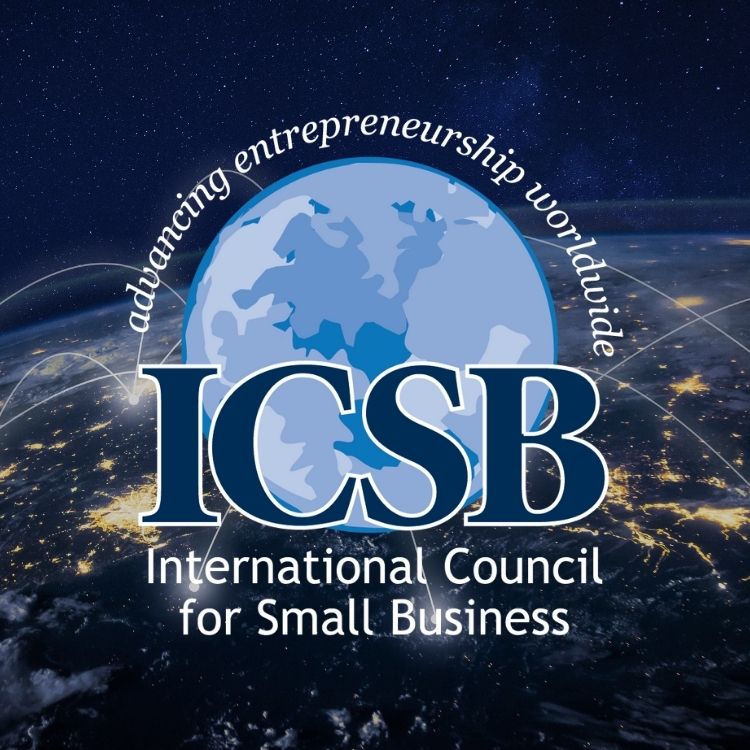Tuesday April, 28, 2020 By Dr. Jeffrey Alves
Governments and NGOs were quick to offer programs to help sustain MSMEs (micro, small and medium sized enterprises) through this crisis. Given the recognized importance of MSMEs, these initiatives will turn out to be as critical as the support of the health care industry in assuring the sustainability of communities, countries, and the global economy.
Even now, though, there is a question of whether these efforts will be enough.
I applaud these programs but am concerned about the fairness and equitable treatment with which they were conceived and are being implemented. By whatever definition is used, the vast majority of global MSMEs employ less than 20 employs. Here in the U.S. 62% of firms employ less than 5 employees, another 17% employ between 5 and 9, and 10.5% employ between 10 and 19. And data suggests that the percentage of firms globally with less than 5 employees is even higher.
So what do all these statistics mean? It means that 89% of the program in the US should be directed to firms with less than 20 employees, the real micro and small businesses. This would put $588 billion, or $110,000 on average, into the hands of these 5.3 million firms. Even assuming program leakage (fees, etc.), this would be a tremendous and equitable boost to companies that typically cannot afford the expensive accountants, lawyers, and consultants to walk them through the approval process. This is an especially challenging problem in countries where political and economic power is concentrated and graft, in all its many


